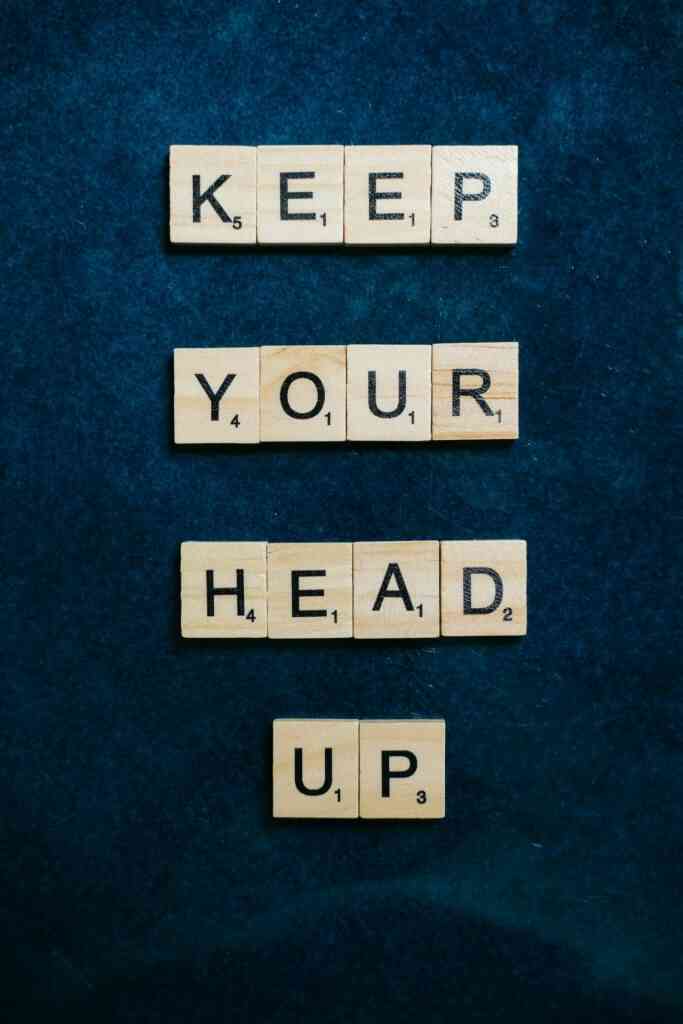The Art of Learning: A Transformative Journey Beyond School and Experience
In an era saturated with information and the unrelenting pursuit of knowledge, we often lose sight of the essence of true learning—a delightful and transformative process of profound understanding, discovery, and personal growth. Many mistakenly equate mere exposure to information or schooling with learning, overlooking the intricacies of this profound process. This article delves into the art of learning, emphasizing the importance of shifting our focus from accumulating knowledge to embracing the joy of learning itself.
The Illusion of Learning: Knowledge vs. Understanding
A fundamental challenge in education lies in the widespread confusion between learning and knowing. Many individuals assume that simply being exposed to information or attending school automatically translates into learning. However, true learning extends far beyond the acquisition of facts and figures; it involves a profound process of understanding, critical thinking, and the ability to apply knowledge to real-world scenarios.
The pursuit of lucrative jobs and societal reverence often overshadows the inherent pleasure and satisfaction derived from the learning process itself. This myopic focus on outcomes stifles curiosity, exploration, and the development of a genuine love for learning.
Eight Frames for Embracing the Joy of Learning
Cultivating a genuine love for learning requires adopting new perspectives and approaches that encourage pleasure in the process. Inspired by the iconic Sesame Street short video, “The King of Eight,” this article presents eight frames or perspectives that can transform our relationship with learning:
1. Embrace Tentative Opinions:
Instead of rigidly holding onto fixed opinions, cultivate a willingness to change and adapt your views in light of new information and perspectives. This openness to change keeps your mind flexible and receptive to new knowledge.
2. Welcome the Joy of Being Wrong:
Dissolving your ego and acknowledging your willingness to be wrong opens up boundless opportunities for re-evaluation and fresh perspectives. Detach yourself from the notion that your viewpoint defines your identity. Allow yourself to be mistaken, for in doing so, you create space for true learning.
3. Experience the Full Spectrum of Emotions:
Suppressing or ignoring emotions hinders learning. Embrace the full range of human emotions, allowing them to trigger deep thought and a willingness to understand diverse perspectives. Emotional experiences provide valuable insights into human behavior and motivation.
4. Embrace Deliberate Slowness:
In a fast-paced world that values efficiency over reflection, it is crucial to slow down and make time for contemplation. Deep learning requires reflection, a process that takes time and patience. Resist the urge to rush through learning; instead, savor the journey and allow new knowledge to sink in.
5. Strive to Be Smart, Not Just Sound Smart:
Avoid the temptation to use fancy words and jargon to appear intelligent. True intelligence lies in understanding the meaning and implications of the words you use. Focus on acquiring genuine knowledge and understanding, rather than merely seeking to impress others with your vocabulary.
6. Cultivate Curiosity over Confidence:
True confidence encompasses acknowledging both your strengths and limitations. Be curious about the world around you, embracing a mindset of continuous learning and exploration. Curiosity fuels a desire for knowledge and understanding, leading to deeper learning.
7. Seek Out Learning, Don’t Just Consume Information:
In the digital age, we are constantly bombarded with information, much of which is curated to confirm our existing beliefs. This can lead to confirmation bias and the spread of misinformation. Actively seek out diverse sources of information, question assumptions, and challenge your own beliefs.
8. Allow Your Mind to Wander:
In a world that values constant productivity, it is essential to allow your mind to wander and explore freely. Daydreaming, reflection, and letting your thoughts flow freely can lead to creative insights and novel solutions. Embrace moments of quiet contemplation and let your mind make connections that may not be immediately apparent.
Lifelong Learning: A Mindset, Not a Destination
Becoming a lifelong learner is not solely dependent on formal education or years of experience; it is a mindset accessible to anyone willing to adopt new perspectives and embrace the joy of learning. With practice and dedication, these eight frames can cultivate a love for learning that transforms your life.
The journey of learning is not about reaching a specific destination; it is an ongoing process of discovery, exploration, and personal growth. Embrace the transformative power of learning, and you will unlock a world of endless possibilities.
